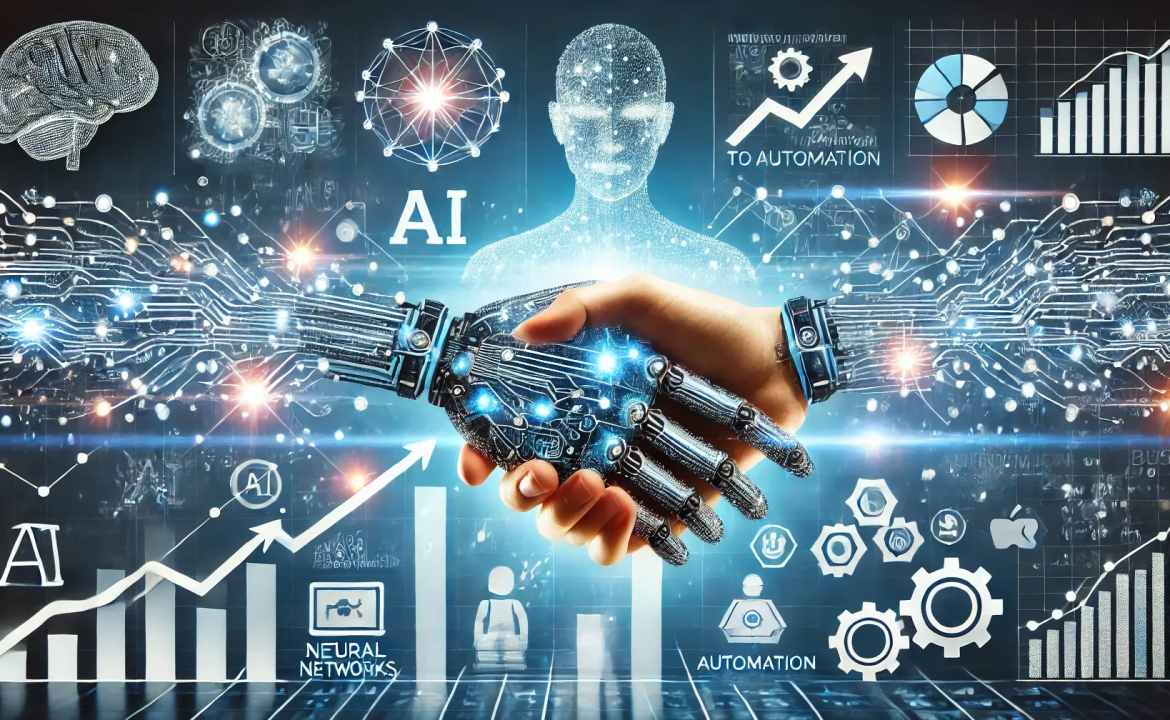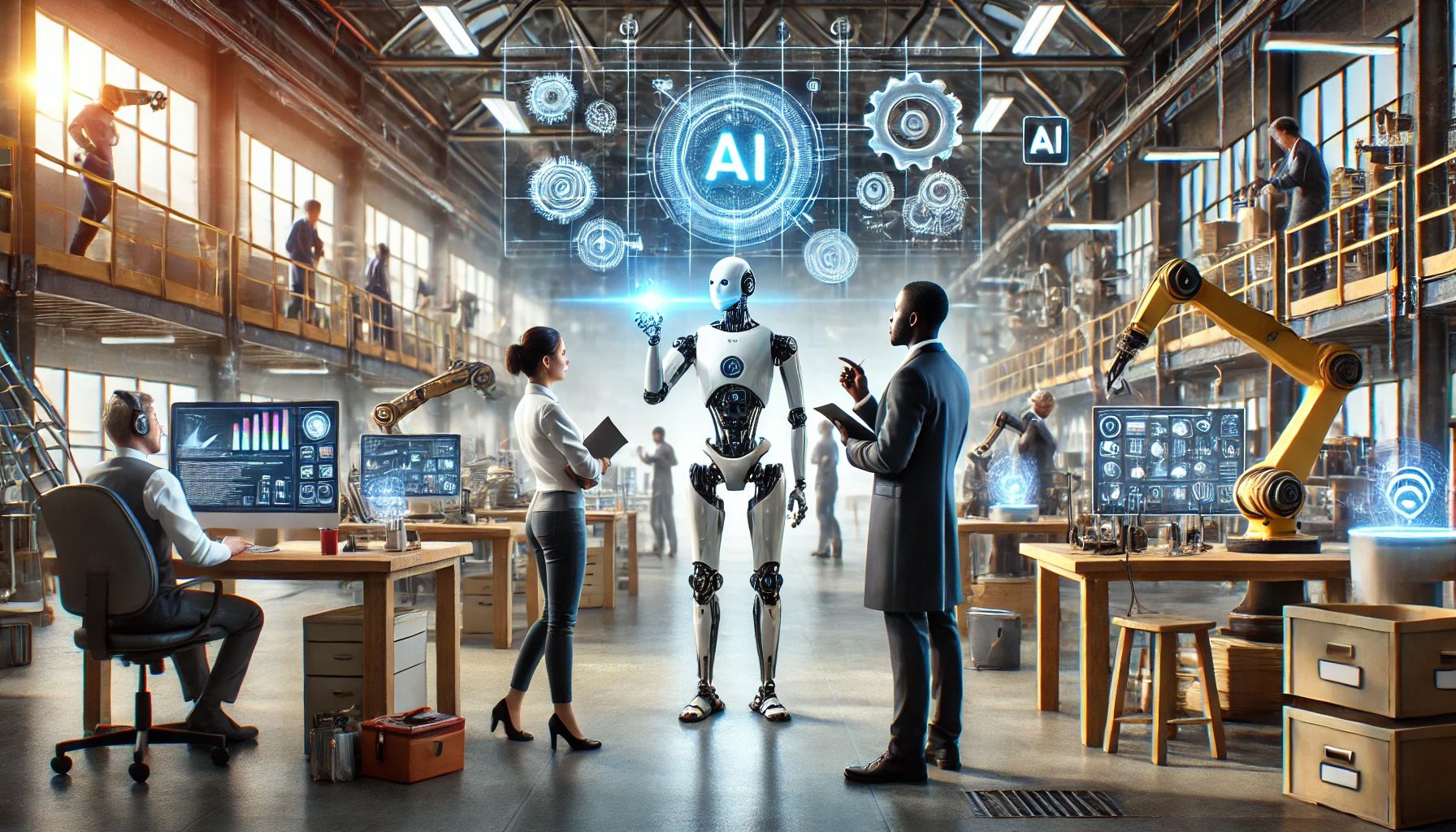Artificial Intelligence (AI) is revolutionizing the modern workplace by automating repetitive tasks, improving efficiency, and enabling smarter decision-making. As industries evolve, understanding the tools that power AI-driven job automation is essential for staying competitive and future-ready.
What is Job Automation with AI?
AI-driven job automation refers to the use of intelligent software systems that can perform tasks typically requiring human effort. These tools leverage machine learning, natural language processing, computer vision, and data analytics to streamline workflows and reduce manual workload.
Leading Tools for AI and Job Automation
1. UiPath
UiPath is a leading platform for Robotic Process Automation (RPA), enabling businesses to automate rule-based tasks across systems and applications. It offers drag-and-drop features, making it user-friendly even for non-programmers.
- Best For: Workflow automation, repetitive office tasks
- Use Cases: Invoice processing, data entry, employee onboarding
2. Zapier
Zapier connects over 5,000 web apps to automate workflows with no code. It’s ideal for small businesses and freelancers looking to streamline day-to-day operations.
- Best For: Small-scale task automation
- Use Cases: Auto-sending emails, syncing spreadsheets, scheduling social posts
3. Automation Anywhere
Another major RPA tool, Automation Anywhere offers cloud-native automation that scales easily. It includes AI and machine learning capabilities to handle unstructured data.
- Best For: Enterprise-grade automation
- Use Cases: Finance and HR operations, customer service tasks
4. IBM Watson
IBM Watson uses advanced AI to automate decision-making and analyze large datasets. It excels in natural language processing, making it useful for customer support and insights generation.
- Best For: Cognitive automation and AI-powered insights
- Use Cases: Chatbots, fraud detection, market analysis
5. Microsoft Power Automate
Part of the Microsoft ecosystem, Power Automate allows users to create automated workflows between Microsoft products and third-party services. It offers both simple task automation and advanced AI builder integrations.
- Best For: Businesses using Microsoft Office 365
- Use Cases: Document approvals, data extraction, task scheduling
6. Tidio / Drift (AI Chatbots)
Tidio and Drift are popular AI chatbot tools that help businesses automate customer communication. They can handle FAQs, qualify leads, and even schedule meetings.
- Best For: Customer support and sales automation
- Use Cases: Website chatbots, lead generation, feedback collection
7. ChatGPT (OpenAI)
ChatGPT enables automation in writing, customer service, coding support, and content generation. It can be integrated via APIs into websites, apps, and workflows.
- Best For: Natural language automation and content creation
- Use Cases: Email drafting, code suggestions, knowledge base creation
Benefits of Using AI Tools for Automation
- Efficiency: Automates repetitive tasks, freeing up time for strategic work
- Accuracy: Reduces human error in data processing and reporting
- Scalability: Easily adapts to increased workload without hiring more staff
- 24/7 Operations: Enables always-on services like customer support
Considerations Before Implementation
- Data Security: Ensure sensitive information is handled securely
- Employee Training: Educate staff to work alongside automated tools
- Cost vs ROI: Evaluate long-term savings and productivity gains
- Ethical Use: Maintain transparency and fairness in AI decisions
Conclusion
AI and job automation tools are shaping the future of work, helping businesses operate more efficiently while unlocking human potential. By choosing the right tools and implementing them thoughtfully, organizations can streamline operations, reduce costs, and remain ahead in a rapidly changing digital world.







Leave feedback about this